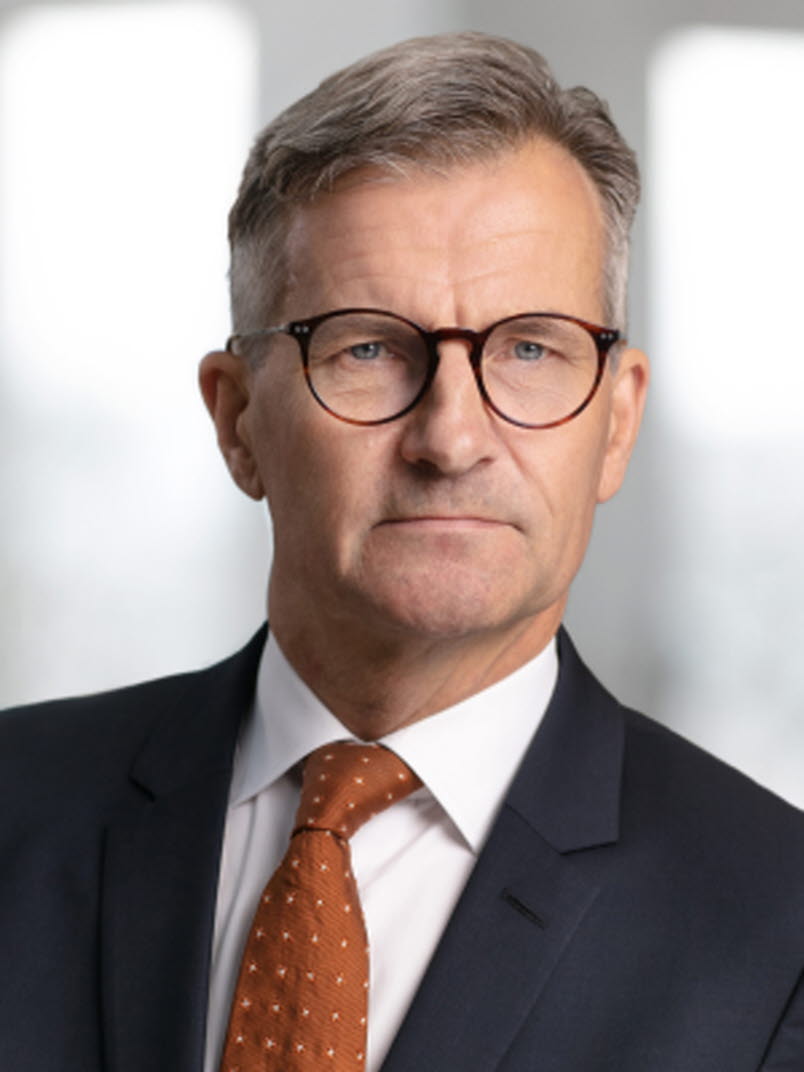Thedéen: The Riksbank needs to restore its capital
Today, Governor Erik Thedéen visited the Riksdag Committee on Finance to present an analysis of the Riksbank's financial position, earnings capacity and long-term capital requirements. “The preliminary results of the analysis indicate that the Riksbank needs to have its equity restored to at least the basic level stated in the Sveriges Riksbank Act of SEK 40 billion. As per the end of September 2023, a restoration to the basic level would entail a capital injection of almost SEK 80 billion. The Riksbank also needs prospects for additional earnings,” said Mr Thedéen.
Date: 24/10/2023 11:00
Speaker: Governor Erik Thedéen
Place: Committee on Finance

Erik Thedéen, governor.
Earlier securities purchases have resulted in losses
In the annual accounts for the financial year 2022, the Riksbank reported a loss of just over SEK 80 billion. As a result of the loss, the Riksbank's equity was negative, SEK -18 billion.
“The loss and negative equity are due to the sharp rise in interest rates in 2022. This has led to a fall in the value of the bonds purchased by the Riksbank during the period 2015-2021 to maintain confidence in the inflation target, secure the credit supply during the coronavirus pandemic and contribute to good economic development,” said Mr Thedéen.
When the value of the Riksbank's holdings of bonds decreases, it leads to unrealised losses that burden the Riksbank's result and equity. “A negative equity does not affect the Riksbank’s ability to conduct monetary policy in the short term. But to maintain confidence in an independent monetary policy in the long term, it is necessary that the Riksbank is financially independent, that is, has sufficient equity and earnings to cover its costs,” continued Mr Thedéen.
The Riksbank’s asset purchases took place in a situation of international stress, when the major central banks around the world were making extensive asset purchases.
New Sveriges Riksbank Act requires capital injections in the event of insufficient equity
The new Sveriges Riksbank Act, which applies from this year, contains provisions that the Riksbank's equity should have a target level of SEK 60 billion and a basic level of SEK 40 billion. The Act also stipulates that the Riksbank shall submit a petition to the Riksdag (Swedish Parliament) to restore equity if it falls below a minimum level of SEK 20 billion.
The Riksbank has made an analysis of the bank’s financial position, earnings capacity and long-term capital requirements. At the meeting with the Riksdag Committee on Finance, Erik Thedéen presented the preliminary results of the analysis and the measures taken to reduce the risks on the balance sheet. The analysis shows that, despite the measures taken, the Riksbank needs to have its equity restored to at least the basic level of SEK 40 billion, and also an opportunity for additional earnings. The Riksbank will now continue to work on the petition to the Riksdag and the possibility of additional earnings.
“When the Riksbank’s Annual Report for 2023 is completed in February 2024, the Executive Board of the Riksbank intends to make a decision on a petition that includes a request for capital injections and possibly also proposals for additional earnings capacity. The size of the capital injection in the petition will be based on the Riksbank's equity and reported results for 2023. The intention is to submit the petition to Parliament in March 2024,” concluded Mr Thedéen.
